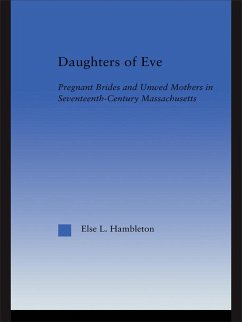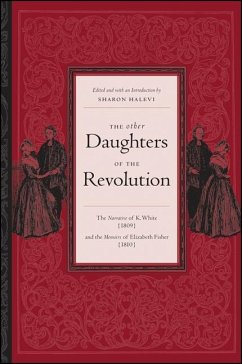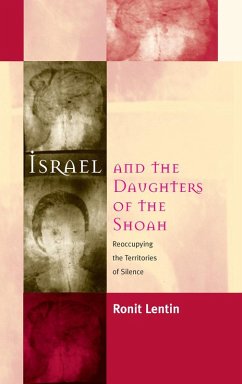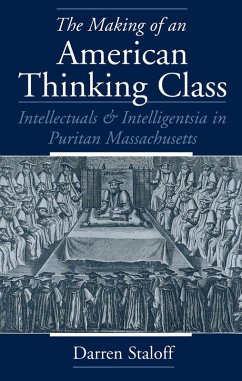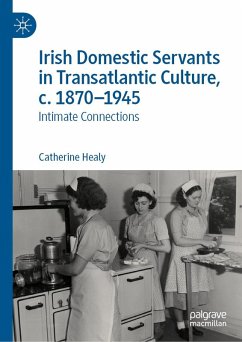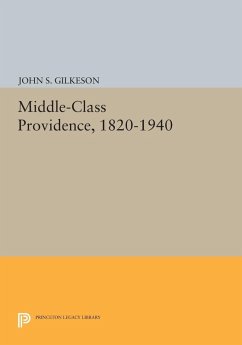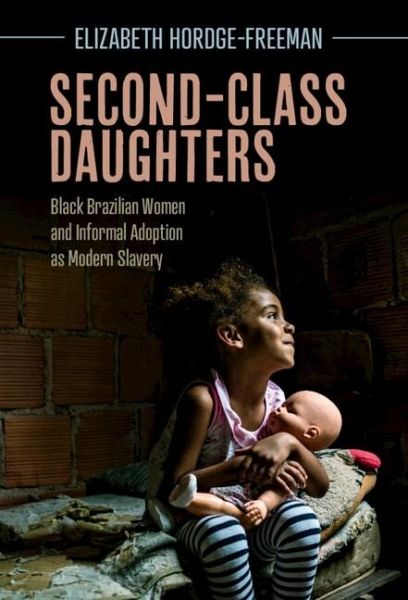
Second-Class Daughters (eBook, PDF)
Black Brazilian Women and Informal Adoption as Modern Slavery
Versandkostenfrei!
Sofort per Download lieferbar
16,95 €
inkl. MwSt.
Weitere Ausgaben:

PAYBACK Punkte
8 °P sammeln!
A legacy of the transatlantic slave trade, Brazil is home to the largest number of African descendants outside Africa and the greatest number of domestic workers in the world. Drawing on ten years of interviews and ethnographic research, the author examines the lives of marginalized informal domestic workers who are called 'adopted daughters' but who live in slave-like conditions in the homes of their adoptive families. She traces a nuanced and, at times, disturbing account of how adopted daughters, who are trapped in a system of racial, gender, and class oppression, live with the coexistence ...
A legacy of the transatlantic slave trade, Brazil is home to the largest number of African descendants outside Africa and the greatest number of domestic workers in the world. Drawing on ten years of interviews and ethnographic research, the author examines the lives of marginalized informal domestic workers who are called 'adopted daughters' but who live in slave-like conditions in the homes of their adoptive families. She traces a nuanced and, at times, disturbing account of how adopted daughters, who are trapped in a system of racial, gender, and class oppression, live with the coexistence of extreme forms of exploitation and seemingly loving familial interactions and affective relationships. Highlighting the humanity of her respondents, Hordge-Freeman examines how filhas de criacao (raised daughters) navigate the realities of their structural constraints and in the context of pervasive norms of morality, gratitude, and kinship. In all, the author clarifies the link between contemporary and colonial forms of exploitation, while highlighting the resistance and agency of informal domestic workers.
Dieser Download kann aus rechtlichen Gründen nur mit Rechnungsadresse in A, B, BG, CY, CZ, D, DK, EW, E, FIN, F, GR, HR, H, IRL, I, LT, L, LR, M, NL, PL, P, R, S, SLO, SK ausgeliefert werden.




